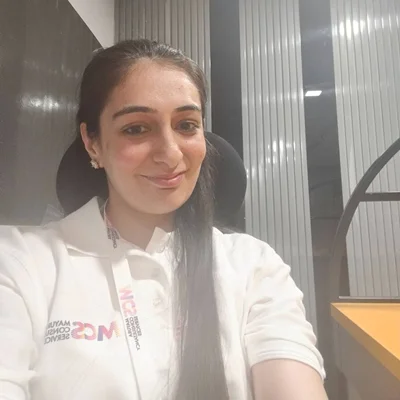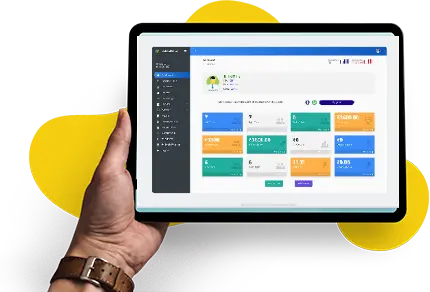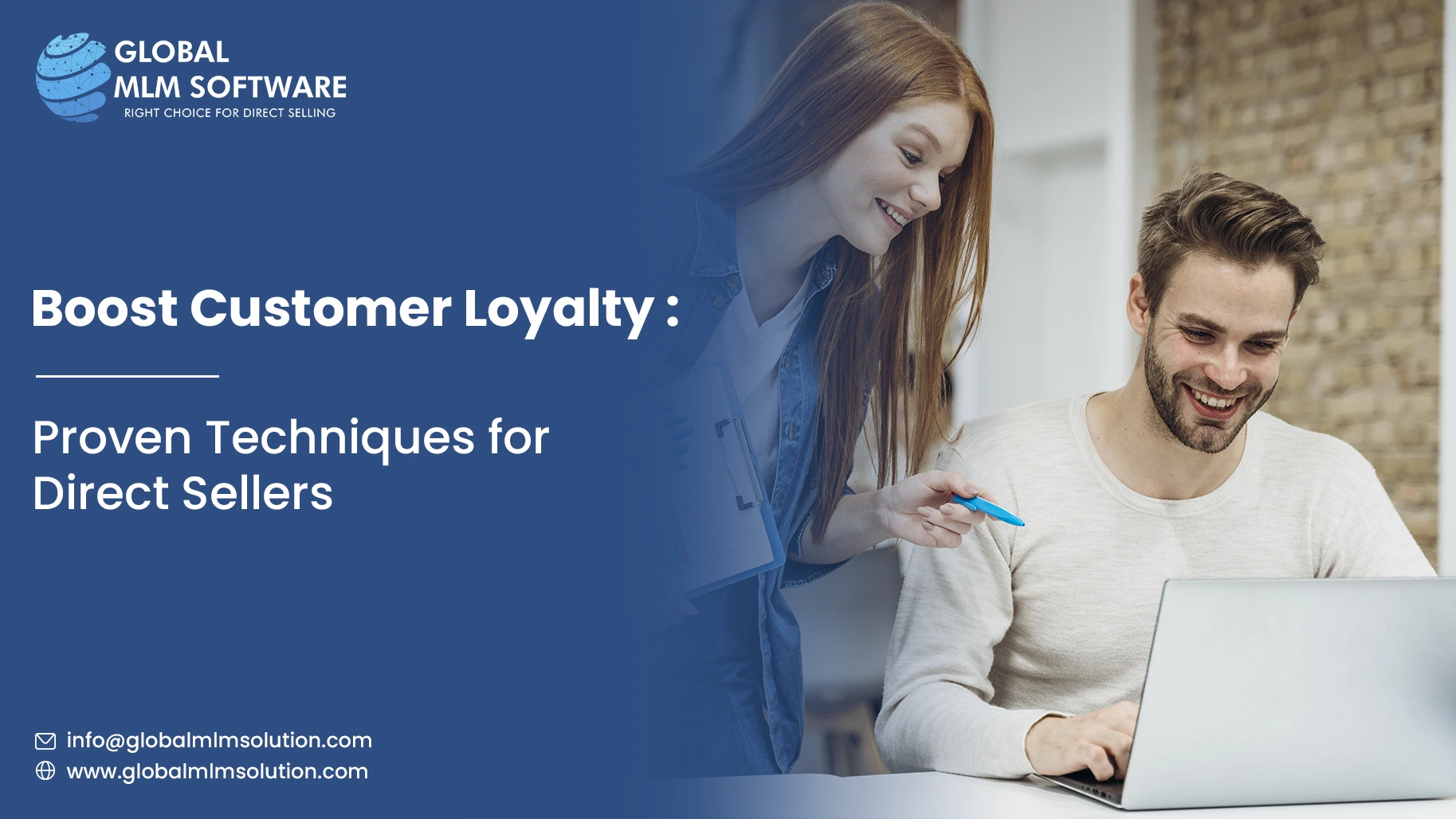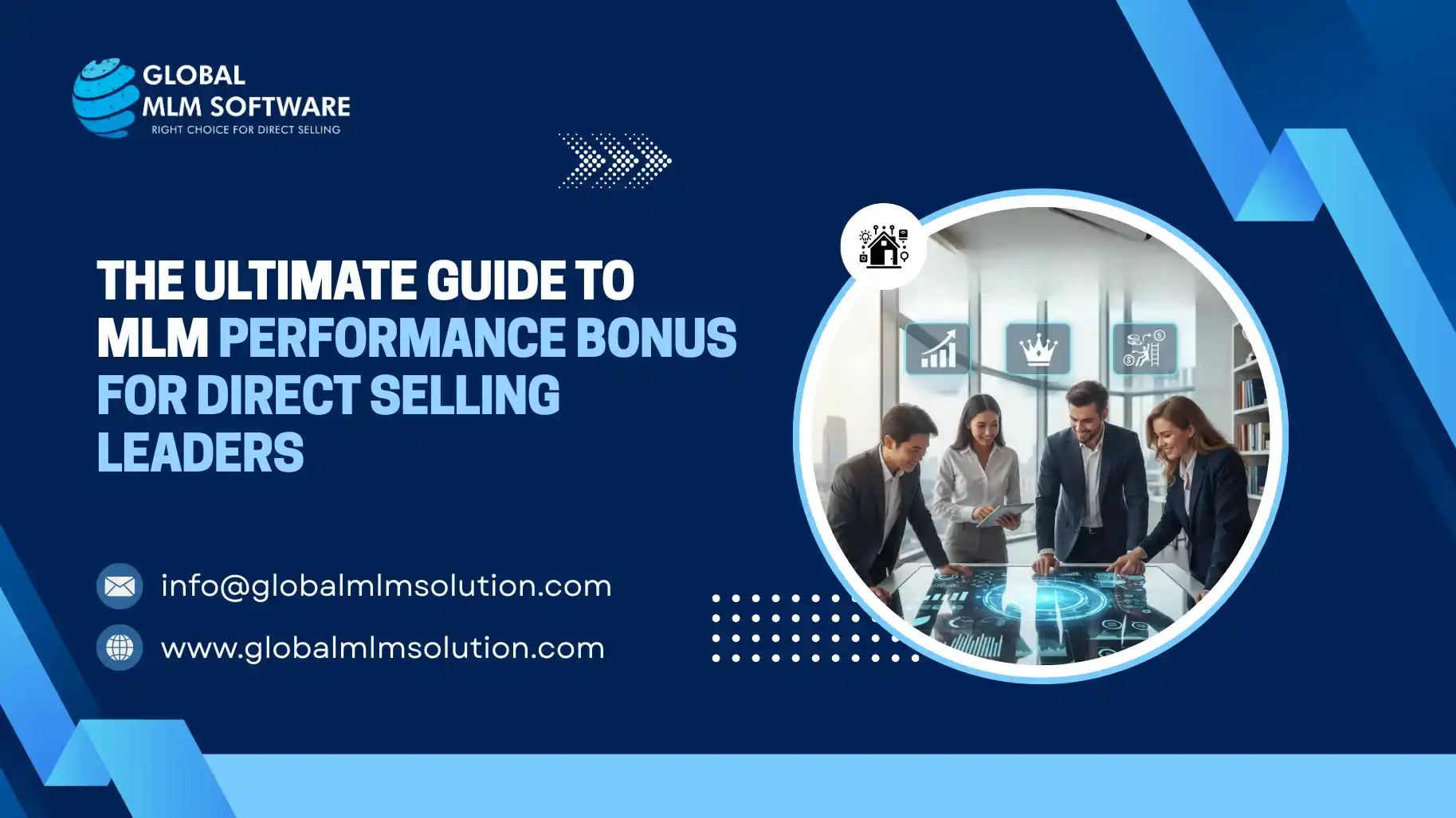Did you know that the concept of direct selling through home parties dates as far back as the 1930s? It was one of the earliest and most traditional forms of direct selling, way before the rise of digital marketing and e-commerce.
Over the years, this simple concept evolved into a trusted business model, adopted by some of the most well-known direct-selling companies in the world. Today, over 27.9% of direct sellers in the U.S. use the MLM party plan system. This shows that personal, face-to-face selling remains as relevant as ever.
In this article, we’ll take a closer look at the top home-party companies that have built empires through this personal selling approach. If you are looking to explore this concept for your own MLM business, studying how these companies operate could offer valuable insights.
This Article Contains:
Overview of Notable Party Plan Companies
| S.No | Company Name | Founder | CEO | Year Founded | Revenue |
|---|---|---|---|---|---|
| 1 | Vorwerk | Carl Vorwerk | Dr Thomas Stoffmehl | 1883 | $4.1 billion |
| 2 | Mary Kay | Mary Kay Ash | Ryan Rogers | 1963 | $2.4 billion |
| 3 | doTERRA | Corey Lindley, Emily Wright, Dr. David K. Hill, David Stirling, Greg Cook, Mark Wolfert, Rob J. Young | Kirk Jowers | 2008 | $2 billion |
| 4 | SeneGence | Joni Rogers Kante | Joni Rogers Kante | 1999 | $800 million |
| 5 | Scentsy | Kara Egan and Colette Gunnel | Dan Orchard | 2003 | $472 million |
| 6 | Pampered Chef | Doris Christopher | Nevena Srebreva | 1980 | $300 million |
| 7 | Stampin’ Up! | Shelly Gardner | Sara Douglass | 1988 | $133 million |
A Look at Some of the Top Home Party Companies Worldwide
We have carefully compiled this list of home party companies by taking into account their reputation, years in operation, product quality, and distributor success.
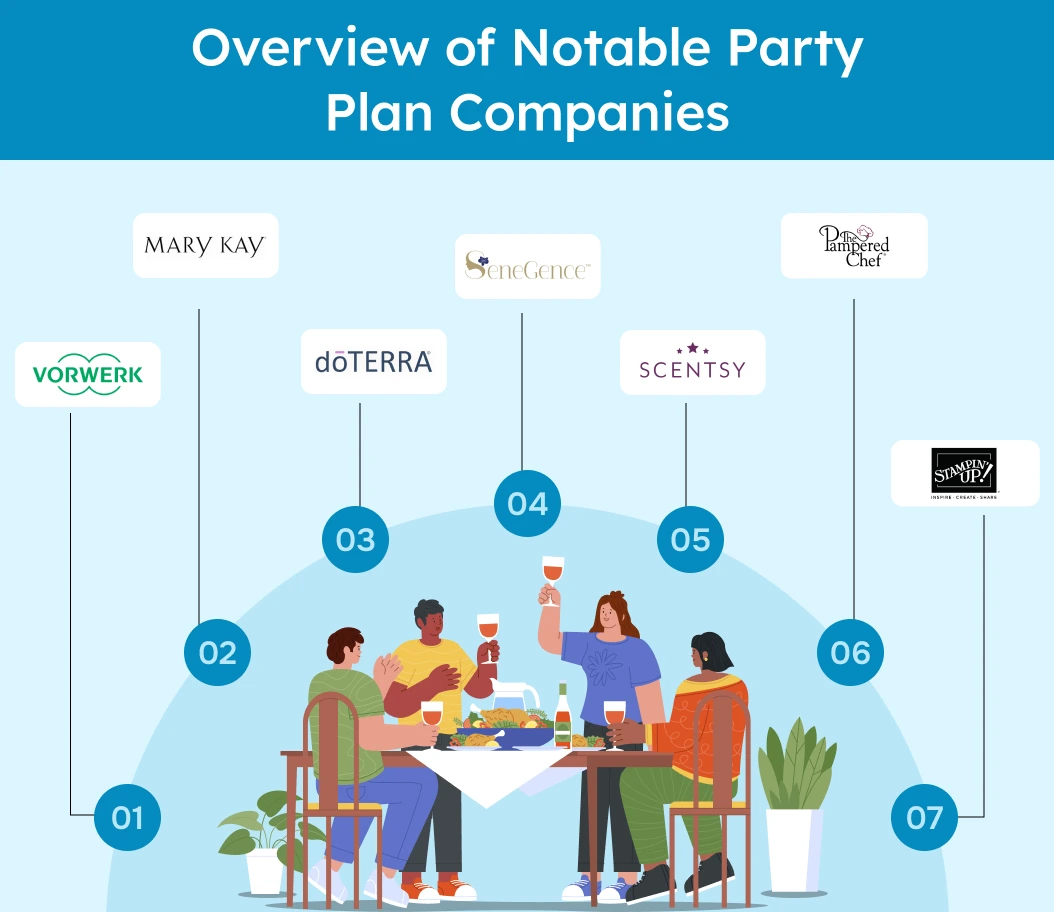
Each of these companies has stood the test of time and has built large networks using the home-party business model.
1. Vorwerk
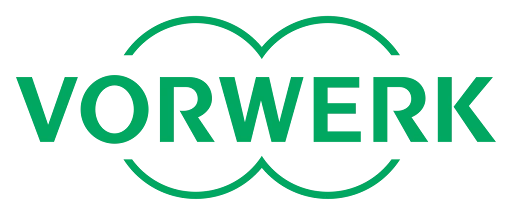
When people think of high-end kitchen tech and home care, Vorwerk is the first name that comes to mind. This German-based direct-selling company, founded way back in 1883, is one of the most successful home party companies in the world.
Vorwerk MLM company is mostly known for its flagship products like the Thermomix kitchen appliance and Kobold Vacuum systems, with Thermomix remaining the top-selling brand, accounting for over 54% of the company’s revenue.
The brand has built its empire not only by selling products but by creating experiences through its live, in-house demonstrations. After all, what could be a better way of selling a kitchen appliance than by using it in the party itself?
Thermomix home parties are truly immersive. Consultants bring the Thermomix into people’s kitchens, cook live, and even let guests taste test. These live demos are great to build trust in a way that brochures and websites simply can’t, especially with something as advanced and pricey as the Thermomix.
No wonder Vorwerk’s strategy has worked well. Customers leave feeling confident, and orders often follow on the spot.
Also, Vorwerk offers a way for the consultants to earn their own Thermomix by selling six units in a month. This works better than monetary rewards by creating a sense of achievement.
But the rewards don’t stop there. Vorwerk offers a tiered commission structure, beginning with a base payout of $200 per Thermomix sold. Consultants can also earn monthly performance bonuses by reaching specific sales milestones.
Additionally, there's a flat $60 commission for each sale made by a team member in their downline.
It’s a straightforward yet generous compensation plan that has worked for the company and helped it build a massive network of over 100,000 consultants worldwide.
For MLM entrepreneurs looking to set up their own party plan company, the message here is clear. Let your product shine through immersive in-house demos and reward your distributors well for selling it.
A hands-on, value-driven approach, paired with transparent rewards, is a timeless strategy that still works wonders in today’s market.
2. Mary Kay

Mary Kay Inc. is one of the most iconic skincare MLM companies that uses the home party business model. Its popular product ranges include the TimeWise, an anti-aging skincare collection, Clear Proof Acne System, Mary Kay Naturally, and Satin Hands pampering set.
Mary Kay products are bought and sold in over 35 countries around the world, raking in billions in revenue every year. Moreover, Mary Kay’s in-house research also claims that 9 out of 10 consumers are satisfied with its products.
But is such a high consumer satisfaction rate dependent on product quality alone? No, it is equally driven by the consumer experience, and Mary Kay has excelled in this area.
Its Independent Beauty Consultants (IBCs) do way more than just selling. They host home parties where they showcase products, offer tailored skincare advice, and create a relaxed space for customers to explore and connect. Thus, it cultivates a relationship-driven experience that subtly transforms casual onlookers into loyal customers.
Such personalized service helps customers feel seen and valued, which leads to stronger brand loyalty, higher reorder rates, and steady sales.
Naturally, creating such personal connections often requires more effort, and Mary Kay ensures its IBCs are well-compensated for it. The company’s compensation plan is designed to reward both individual performance and team-building efforts.
Mary Kay IBCs can earn through:
Retail profits of up to 50%
Personal team commissions starting from 4% to 13%
Unit commissions of up to 23%
What makes the model even more dynamic is its inclusive hosting structure. Hosting a Mary Kay party isn’t limited to registered consultants. Anyone can step in as a host with the guidance of an Independent Beauty Consultant.
Hosts can choose between in-person or virtual events and customize the party theme, like skincare, makeup tutorials, self-care nights, or glam sessions.
Plus, host rewards are generous and straightforward. They can earn up $75 in free products by reaching party sales goals.
For example, the more guests order and the higher the party total, the more rewards the host earns. Mary Kay also offers bonus incentives for booking additional parties or promoting featured product collections. In some cases, hosts can even access limited-edition items not available to the general public.
For any MLM company looking to build a community-based selling strategy, Mary Kay remains a gold standard among the party plan companies. The brand proves that the most successful business models are the ones that prioritize personal connections.
3. doTERRA
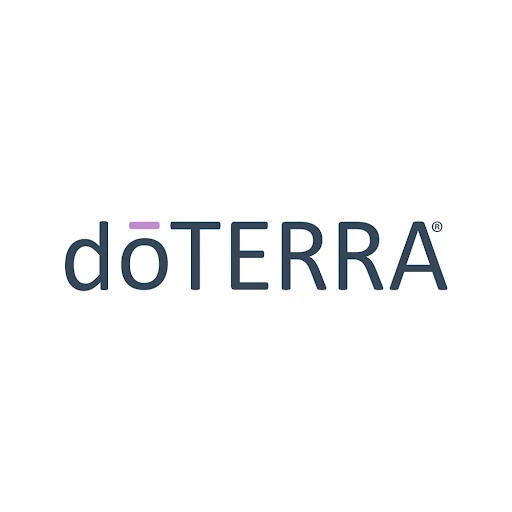
DoTERRA is one of the most influential names in the essential oils MLM world. The name "doTERRA" means "gift of the Earth," and the company has built its brand on purity, potency, and transparency in its product sourcing.
DoTERRA’s product line goes well beyond essential oils. It includes personal care, nutritional supplements, diffusers, and home cleaning solutions, everything crafted with the safest ingredients.
People need to brush up on the basics of essential oils before using them. Hence, doTerra focuses on providing essential oils education through its wellness advocates.
These wellness advocates are encouraged to host relaxed gatherings, often known as oil classes or wellness consults. In these gatherings, people can sample the oils and learn about their uses. These sessions are less about pushing products and more about education, allowing people to touch, smell, and understand how the oils work in their daily lives.
And it’s clearly working.
doTERRA reported over $2 billion in annual revenue at its peak and currently operates in more than 100 countries worldwide. With over 3 million Wellness Advocates globally, it has built a community-driven sales force that thrives on personal relationships and repeat orders.
But what’s even more impressive than its distribution count is its retention rate. Doterra boasts a 70% retention rate, which is one of the highest in the direct-selling industry.
One of the key reasons for this high retention is its generous and well-structured unilevel MLM compensation plan that rewards both product sharing and team building.
Consultants or Wellness Advocates have multiple income opportunities, including:
25% retail commissions on every sale
Power of 3 bonuses, starting from $50 in level 1 to $1750 in level 3
7 levels deep, Unilevel bonuses starting from 3% to 7%
6 bonus pools for leadership positions.
Additionally, the doTERRA Loyalty Reward Program encourages monthly reorders and allows customers to earn product credits. This also creates a steady stream of residual income for their sponsoring wellness advocates, as the values of these orders are added to their monthly personal volume.
In short, doTERRA blends education, community, and strong rewards to create a business model that not only sells but also compels customers to come back, helps consultants grow, and inspires long-term success.
4. SeneGence
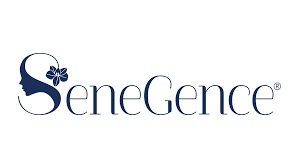
SeneGence is one of the top brands in the beauty space, which rose to fame with its flagship product LipSense. It was the original smudge-proof, water-proof, all-day wear lip color that shook the make-up MLM world by storm.
Today, SeneGence offers a full suite of long-wear cosmetics and anti-aging skincare, including foundation, eyeshadows, blushes, body care, and even a line for men. Though the product line has expanded, the USP of the brand, which is its performance and longevity, has remained intact.
However, when SeneGence consultants claim that products are smudge-proof and all-day wear, customers may want to try them before buying, and that's where SeneGence truly shines as one of the best home party companies.
SeneGence distributors host glamor demos and beauty showcases, both in-person and online, offering a chance for guests to test shades, learn application tips, and explore skincare routines in a friendly, no-pressure environment.
These gatherings often feel more like make-up tutorials with friends than traditional sales events, and that’s exactly what makes them effective.
Backed by this model, SeneGence reached $400 million in annual revenue at its peak and continues to grow across international markets.
SeneGence’s strong distributor community of tens of thousands of people around the world has grown steadily, owing to its fun and personal home party experiences. But that’s not the only reason for the growth. Distributors are also attracted to a commission plan that rewards hard work and supports growth at every stage.
SeneGence distributors earn income through multiple channels, including:
20% to 50% retail profit, based on monthly sales volume.
Downline commissions starting from 10% for level 1 to 5% for level 5.
Group sales volume bonuses of 10% from level 1 to 2% on level 5.
This flexible, rewards-based structure makes it easy for newcomers to get started part-time and grow at their own pace. This, combined with the fun party format, continues to serve as a powerful tool, not just for sales but for community-building, recruiting, and brand loyalty.
For any beauty-focused party MLM company aiming to scale through personalization and fun, SeneGence offers a case study worth exploring.
5. Scentsy
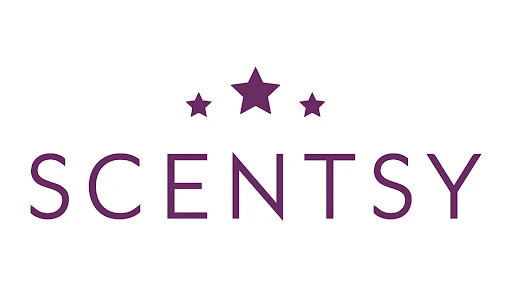
If there’s one company that has turned fragrance into a warm, personal experience, it is Scentsy. The company was founded in 2004 with a simple, elegant concept of wickless candles warmed by stylish electric warmers.
In 2021, this home party company made history by joining the exclusive billion-dollar club, surpassing $1 billion in revenue, and one major factor for this is its exclusive product offerings.
Scentsy products are all about scents, and such sensory-heavy products truly shine when experienced in person. That’s exactly why Scentsy’s MLM party plan model works so well. It allows people to see, touch, and most importantly, smell the products in a relaxed, familiar environment.
This helps build trust, encourages honest feedback, and often results in multiple orders, bookings, or even new team members.
But Scentsy doesn’t just rely on great fragrances and feel-good vibes; it backs its consultants with a clear and rewarding business opportunity plan that offers 20% on their personal retail volume (PRV) and other bonuses. Low startup costs and no inventory requirements make it easy to get started.
Apart from this, Scentsy also offers generous host rewards. Hosts earn points based on their party’s total sales, which can be redeemed for free products, half-price items, and exclusive host-only offers.
For example, a $390 party earns $39 in free products and one half-price item, while a $935 party earns $140 in free products and three half-price items. They also get exclusive starter kits and the popular “Perpetual Party Reward” (a bonus half-price credit when a guest hosts their own party).
To make things more interesting, Scentsy offers multiple party formats to suit every host’s lifestyle and schedule.
Home Parties allow guests to gather in person, enjoy the fragrances, and share stories.
Basket Parties are ideal for those with busy schedules. Scentsy sends hosts a sample kit for 7–10 days to share with friends and family.
Envelope Parties are the easiest option, where just product catalogs and wax samples are passed around.
Online Parties are managed through Scentsy’s Party Assistant tool, making digital hosting and reward tracking simple and convenient.
Scentsy is a reminder that products that require sensory interaction and personal recommendation often thrive well under the home party business model. Train your distributors to build an experience around the products rather than perfecting their sales pitch, and sales will flow.
6. Pampered Chef
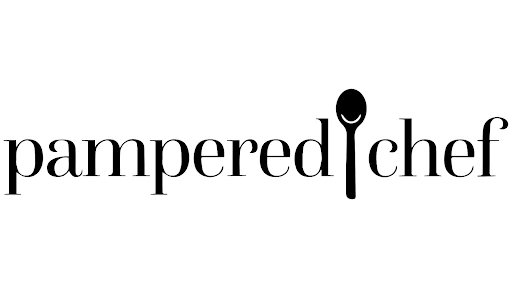
Pampered Chef has been a beloved name in kitchenware since 1980. It specializes in kitchen tools, cookware, pantry items, and mealtime solutions that are designed to simplify cooking for busy families.
The Pampered Chef product range includes cookware and bakeware, kitchen tools, small appliances, dishes, exclusive pantry items, like spice blends, aesthetic cutlery, crockery, and more.
And what better way to showcase cooking tools than by actually cooking with them? That’s why Pampered Chef’s home party business model revolves around live, interactive demos, where guests can see the tools in action, taste the results, and ask real-time questions.
It’s experiential selling at its best. Consultants host “cooking parties” in homes, virtually, or even in hybrid formats. These parties are informative, fun, and highly engaging, making them ideal environments to introduce new products and their uses.
Moreover, consultants are offered all the support they need to host such parties. They have access to their personal website, marketing materials, and a platform similar to the Party Plan MLM Software to keep track of their parties, sales, orders, etc.
When it comes to monetary rewards, Pampered Chef’s compensation plans provide:
20-25% bonuses on all sales.
Up to 4% on generation overrides.
Special Pampered Chef recruiting bonuses.
Up to $900 care allowances, etc.
Add to that the host rewards program, which offers free items, exclusive discounts, and half-price products based on party sales, and you have a strategy that drives bookings and generates leads as well.
It’s one of the key reasons Pampered Chef has grown its consultant network to over 50,000 across the globe.
Pampered Chef shows that when consultants demonstrate practical, problem-solving products, like cookware or kitchen tools, in a hands-on way, it drives strong sales, repeat bookings, and consultant retention.
7. Stampin Up!
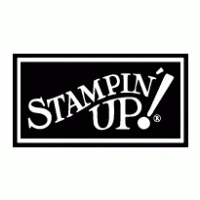
Stampin' Up! is another one of the home party companies that have turned paper crafting into a global business. It was founded with a simple mission to make stamping supplies more accessible and fun.
Fast forward to today, Stampin’ Up! Has become a leader in the DIY and craft supplies industry, operating in over 10 countries.
Its product catalogs feature rubber stamps, ink pads, card kits, embellishments, cutting tools, and an exclusive seasonal collection, all designed for enthusiastic DIYers.
And the Stampin’ Parties are where all the magic happens. Demonstrators, as the company calls its distributors, host live crafting sessions either at home or online. Guests get hands-on experience, learn new techniques, and often leave with a few product bundles in their shopping carts.
Moreover, new product releases every month also help keep the momentum going and give party hosts fresh reasons to invite the guests back.
This model has proved to be a good strategy for the company as sales have remained steady for a few years.
But it's not just the customers having fun. Demonstrators earn 20-25% commissions on personal sales, bonuses of up to 13%, and team commissions of up to 3.5%, running 3 levels deep.
Stampin’ Up! also offers rewards to anyone who hosts a party. Percentages are based on the sales volume generated by these MLM parties.
For MLM entrepreneurs exploring new product verticals, Stampin’ Up! offers a clear example of how tactile, hobby-based products can flourish under the home party business model.
Conclusion
From Cookware to cosmetics, stamps, and scents, these top home party companies prove that the party plan model works extraordinarily. It brings people together, creates space for real product experiences, and builds trust in ways online shopping simply can’t replicate.
For MLM business owners looking to build loyalty, boost retention, and create more meaningful brand engagement, the home-party business model offers the perfect strategic roadmap.
If you have the right product and the right kind of people, even a living room can become your most powerful sales tool.
FAQs
1. What is a home party business?
A home party business model is where products are demonstrated and sold in a relaxed social setting, typically someone’s home. Hosts of these parties invite their connections and create a casual space where everyone can experience the products firsthand, ask questions, and make purchases while socializing.
2. What is a party plan company?
A party plan company uses in-person or virtual gatherings to promote and sell its products. Distributors are often known as consultants, host themed events, offer demos, and earn commissions on sales made during the event.
3. What industries are most common among top home party companies?
Industries like beauty, skincare, wellness, home decor, kitchenware, fragrances, and DIY craft items benefit from the hands-on demos, which are the USP of the MLM party model.
4. Are home-party companies still relevant in the digital age?
Yes, absolutely. In fact, the MLM party model has benefited greatly in the digital age, as the parties are no longer restricted to in-person demos. There is a rise in virtual events as well, helping extend the reach without losing the personal touch.
5. How do top home party companies train their consultants?
The top home-party companies offer structured onboarding, training, and digital resources along with product education to help consultants succeed in both selling and hosting.
References
-
Businessforhome.org
-
market.us
Disclaimer: Global MLM Software do not endorse any companies or products mentioned in this article. The content is derived from publicly available resources and does not favor any specific organizations, individuals or products.

